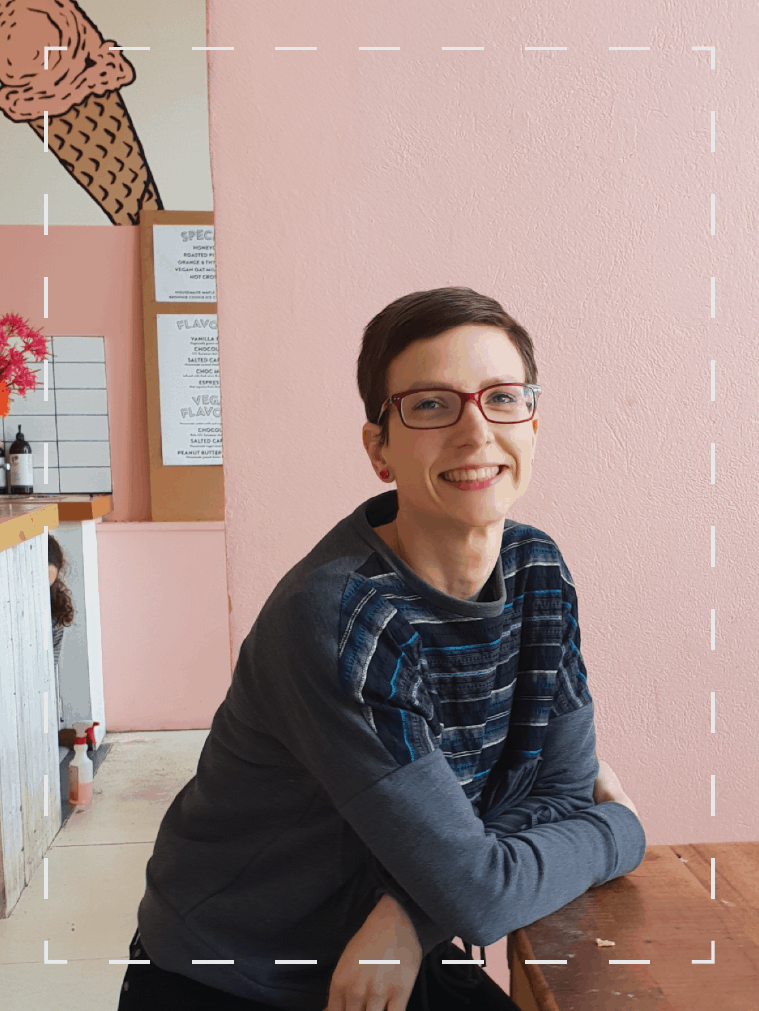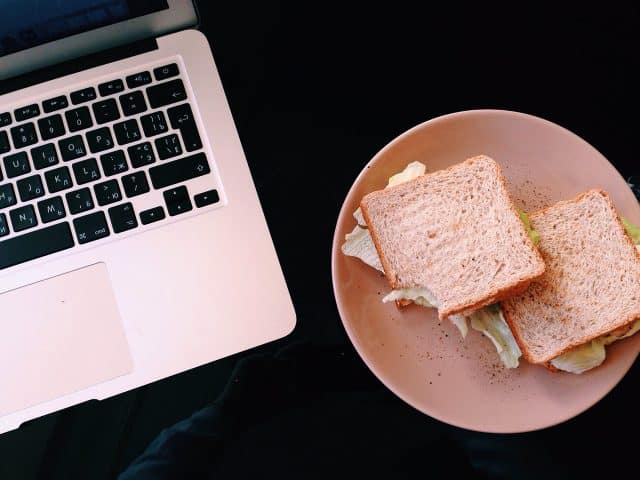
Getting to appointments on time is part of good time management.
Being on time and using what time you have well is a skill set that is very important (even now, people are having to get to Zoom calls on time, medical appointments, judge when the best time to go to the shops is).
Recently I worked with a client who was sick of being late all the time. What prompted him to work with me was a change of lifestyle, he was moving from full-time work to part-time work to allow space to pursue a side passion, this meant that his time management was more in focus than before. He wanted to be on time to his classes, to make the most of his time there, and to arrive in a good state of mind to soak up all the information. Unfortunately, what he was experiencing was that he was continually running late and as a result felt stressed by his bad time habits. Working on his time management meant improving his relationship with time and digging into his time organising strategies.
With all my clients, we start by taking things back to basics, we explore and dig into beliefs and current habits that they are currently working with. This also helps them recognise their unique relationship with time and makes space for them to forgive themselves, making peace with their habits and their natural energy cycles.
One such video that I love and recommended that my client view in order to assist with his mindset shift around time was this one.
Habits and learnings
Another task I set my client was to capture all his regular events and any appointments/ engagements/ trips he had coming up. My client had been using a calendar at his full-time work but not in his private life so we started from scratch here. Some clients prefer paper-based diaries but my client chose a digital calendar which he could access on his phone and on desktop. Having the time commitments that made up the whole of his life reflected in a visual way gave my client a bird’s eye view of what time he was actually working with.
I also asked him to observe his morning, evening and getting-ready-to-leave-the-house routines. We went so far as to write them out so he could see just how much time he needed for each step of the way. If you haven’t done this for yourself, it’s a really useful exercise to fully grasp how much time is needed towards getting you somewhere on time. Work your way backwards from when you need to be at your appointment and think about all the steps that lead you to that point.
From this point, we were able to observe and tweak the routines so they truly supported my client. In the end, we added 15 minutes to my client’s departure time in order to ensure that he got to classes on time.
Of course, it took a little while for my client to adjust to the changes in his routines and habits, and to help with this we worked extensively around mindset and introduced mantras to help keep his learning mindset flexible. We looked at what he might say to himself when feeling rushed, or when driving hurridly, that would help him relax and learn from the moment rather than berate himself.
My client also responded well to changing up some of his time language, he moved from saying to himself “don’t forget that” to thinking “I’ll remember that!”.
All of this combined helped my client feel more in control of his time and he is now more on time than ever before. He’s doing amazingly well in sticking to his goals to better improve his time management skills.
Support
He left me this testimonial which meant a lot to me:
I undertook Christie’s time management program. I’ve learnt to better organise my time so I can be on time to attend the important things in my daily life (from always late to be regularly on time, ~80% and improving). I highly recommend anyone who’s looking to improve their organisation (and therefore can enjoy important things in life) to start now and give it a go.
If you’d like to explore your own habits with time and discover how you could improve your routines – give me a call.

Talk soon,
Christie







